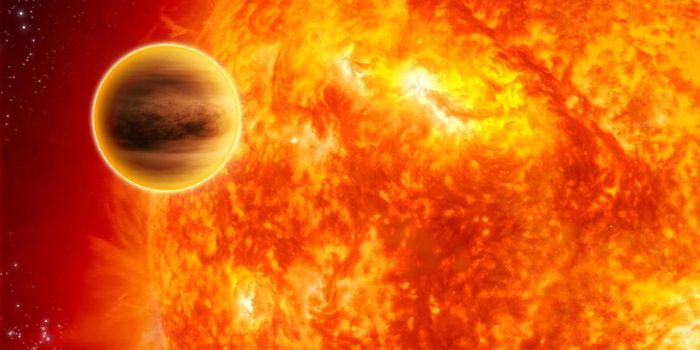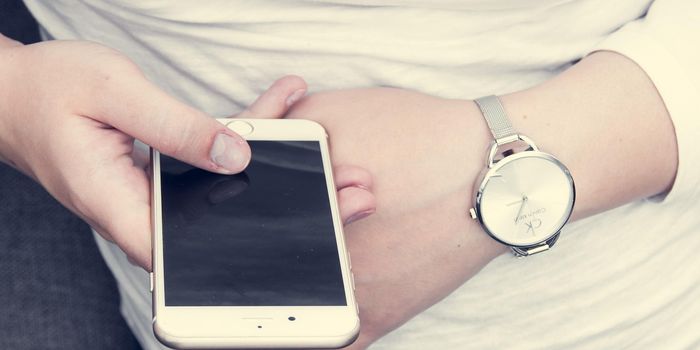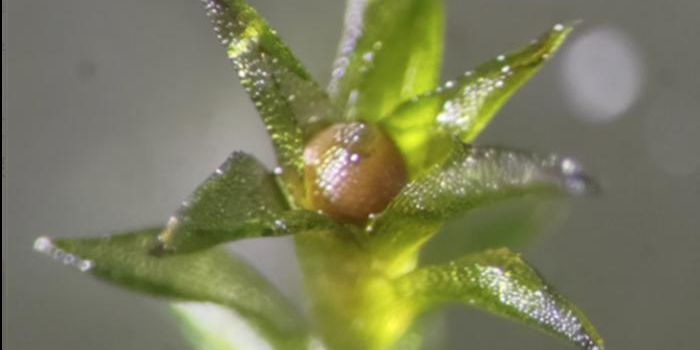Are you an aspirational recycler?
Of course, we want everything to be recyclable - you’re definitely not the only one who has thrown a wishful item into that blue bin, even though you know deep down it really doesn’t belong there. Or perhaps you didn’t know, which is why you should keep reading.
Waste managers refer to this tendency as “aspirational recycling,” and while the good intention is there, this sort of recycling actually only does more harm to the planet. What happens when you put something in the recycling that can’t be recycled? It contaminates the rest of the items that actually can be recycled, which makes it more difficult for waste managers to find buyers for the end-product materials. And now that China isn’t buying imported waste, the whole game has changed.
“As a result of China’s waste import restrictions, we need to educate the public how to recycle properly,” said David Biderman, executive director of the Solid Waste Association of North America. “I think the public can make a significant difference,” he said. So, let’s take a look at a couple of prime examples that people always seem to play the wishing game with.
Your hot coffee disposable cup. (The iced coffee cups you can recycle because they’re actually wholly plastic.) The majority of single-use cups are tricky and expensive to recycle because they are lined with a thin layer of polyethylene; thus, most waste management facilities just trash the cups and you putting them in the recycling bin doesn’t actually stop them from ending up in the landfill. (If this makes you angry, take a stand and bring your own mug! And don’t forget to say no to the plastic straw while you’re at it.)
Your yogurt cup. Yes, I know, we all thought it was recycleable, and it was - until China stopped buying foreign waste. Now there’s not much of a market for used plastics like yogurt cups, butter tubs and vegetable oil bottles. These are all plastics numbered 3 to 7, so before you toss it in the blue bin, make sure to check your local recycling plant to see which numbers they accept.
Greasy anything. This includes pizza boxes with that yummy leftover grease as well as take-home containers with any food or liquid residue. While washing the grease out of the pizza box isn’t quite feasible, it is possible to rinse out your plastic containers before popping them into the recycling. This can save them from contaminating other recyclables and ending up in a landfill. So take that extra five seconds to swish some water around that milk jug, rinse out your chicken curry container, and make sure they really do make it to their next karmic cycle.
Plastic bags. Well, really, you shouldn’t be using plastic bags at all. But, if you by accident picked one up in the grocery store somehow, remember that trying to recycle it will only plug up the machinery in the waste management facility. If you don’t have some other use for the bag and you don’t want it to end up in the ocean strangling some unsuspecting marine animal, look around for a plastic bag drop-off in your area.
Though all counties are a little bit different and you should check to see your local regulations, here are a few other items that you should definitely NOT put in the recycling and that could even cause the waste management machinery to break: any #4 Plastics (LDPE) like cling (Saran) wrap, sandwich bags, plastic garbage or grocery bags; any #6 Plastics (Polystyrene) like Styrofoam, packing peanuts, plastic cutlery, hangers, and medicine bottles; aerosol cans; shredded paper; weapons; batteries; fireworks or flares; needles; cables or wires; rubber; glass that is not clear, brown or green; and food or yard waste.
And if you're not sure, just remember to keep it empty and clean.
Sources: The New York Times, News 4 Jax









